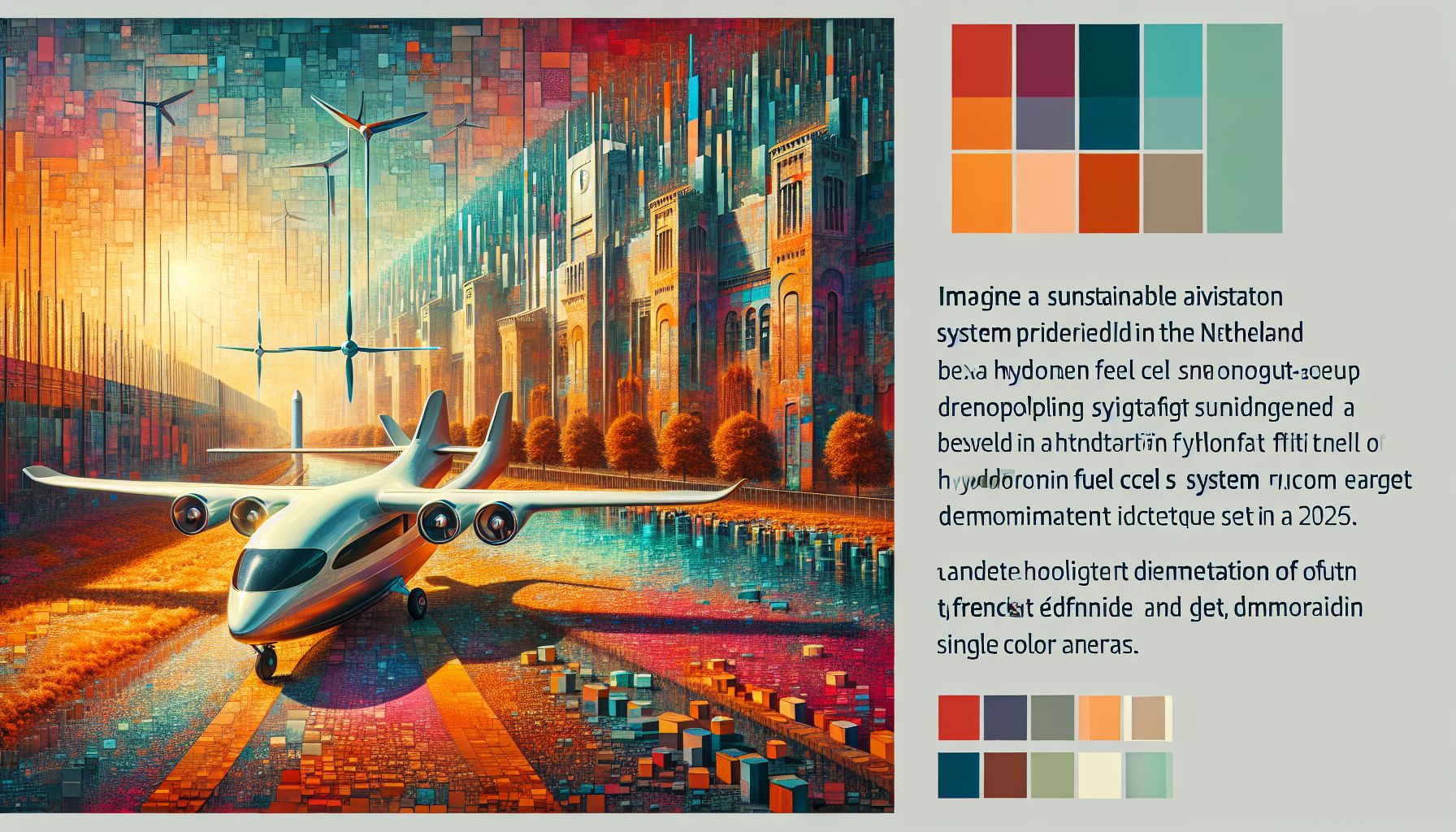Netherlands and Zepp.solutions Team Up for Hydrogen Aircraft

Netherlands, Tuesday, 7 January 2025.
The Netherlands Aerospace Centre and Zepp.solutions are developing a hydrogen fuel cell system for an electric aircraft, targeting a demonstration flight in 2026 to showcase sustainable aviation.
Strategic Partnership for Sustainable Aviation
The Netherlands Aerospace Centre (NLR) and Dutch company Zepp.solutions have signed an agreement on January 2, 2025, to develop an innovative fuel cell system for liquid hydrogen-powered flights [1][3]. The project will utilize NLR’s existing Pipistrel Velis Electro, an electrically powered research aircraft, which will be modified to incorporate a hydrogen powertrain [1][2]. This initiative forms a crucial part of NLR’s ‘Climate Neutral Aviation’ programme, which aims to achieve a climate-neutral aviation sector by 2050 [3].
Technical Innovation and Implementation
Zepp.solutions, a Dutch specialist with extensive experience in hydrogen and fuel cell technology, will not only develop the fuel cell system but also participate in its integration and testing phases [1]. The system will be housed in a specially designed fairing under the belly of the Pipistrel Velis Electro [2]. According to Jan Bot, co-founder of zepp.solutions, while their fuel cell technology has proven successful in various sectors, aviation presents unique challenges that require innovative solutions [1][4].
Project Goals and Timeline
The collaboration is part of a broader initiative called the Hydrogen Aircraft Powertrain and Storage System (HAPSS), a Dutch public-private partnership involving 17 companies, supported by €383 million from the National Growth Fund [5]. Project leader Arjen Kloosterman from NLR emphasizes that beyond physical integration, the primary challenges lie in ensuring airworthiness and safety aspects of incorporating hydrogen systems in aircraft [3][5]. The project aims to complete its first demonstration flight in 2026, marking a significant milestone in sustainable aviation technology [1][3][4].
Bronnen
- www.engineersonline.nl
- aviationweek.com
- futuretransport-news.com
- power-to-x.com
- sustainableskies.org

